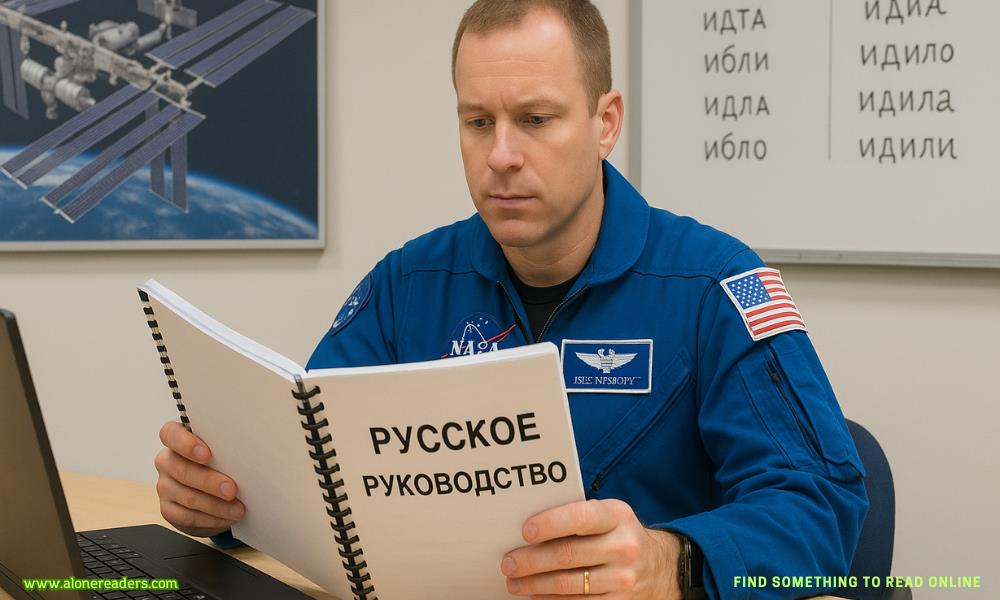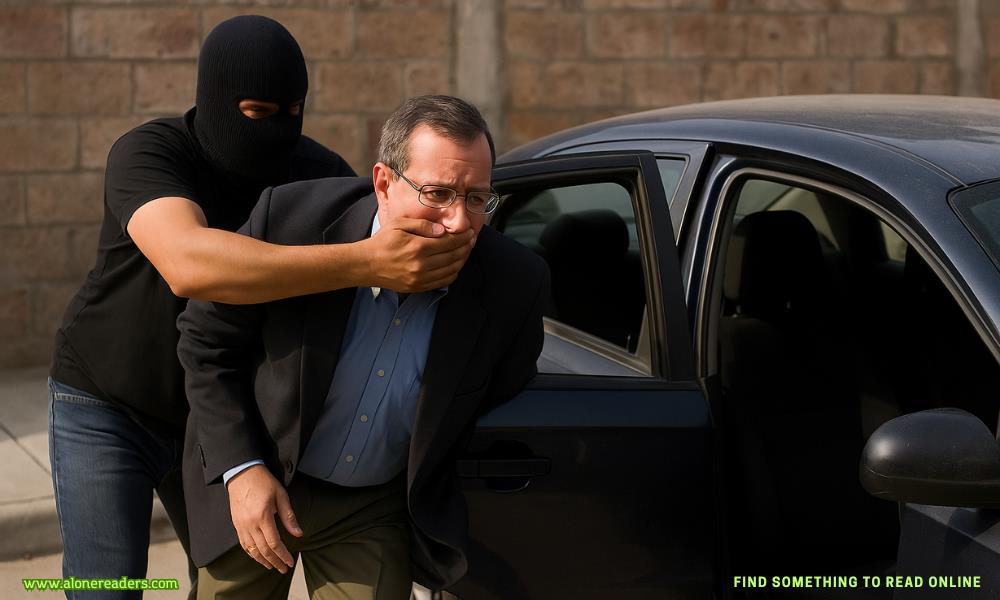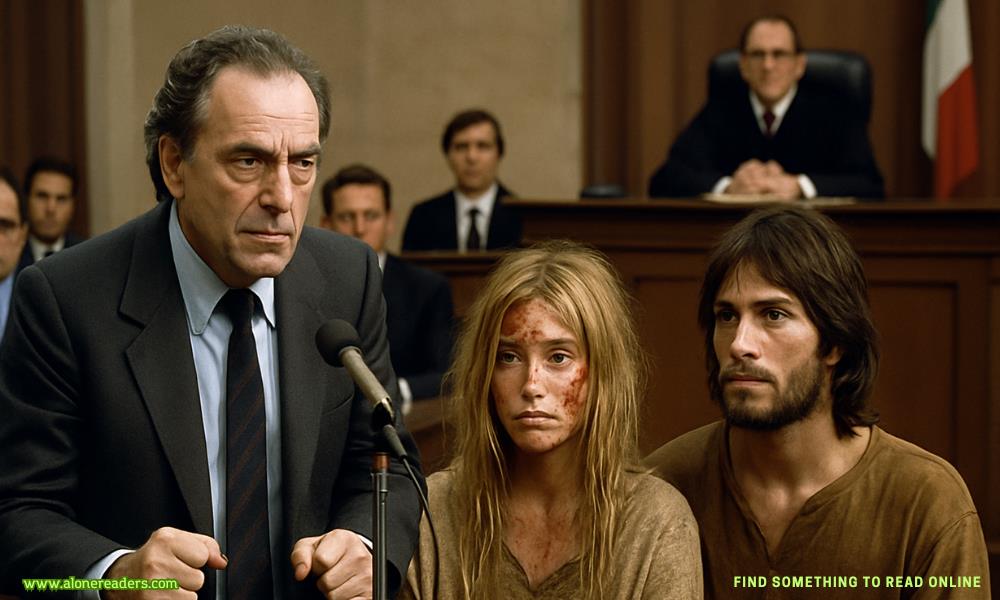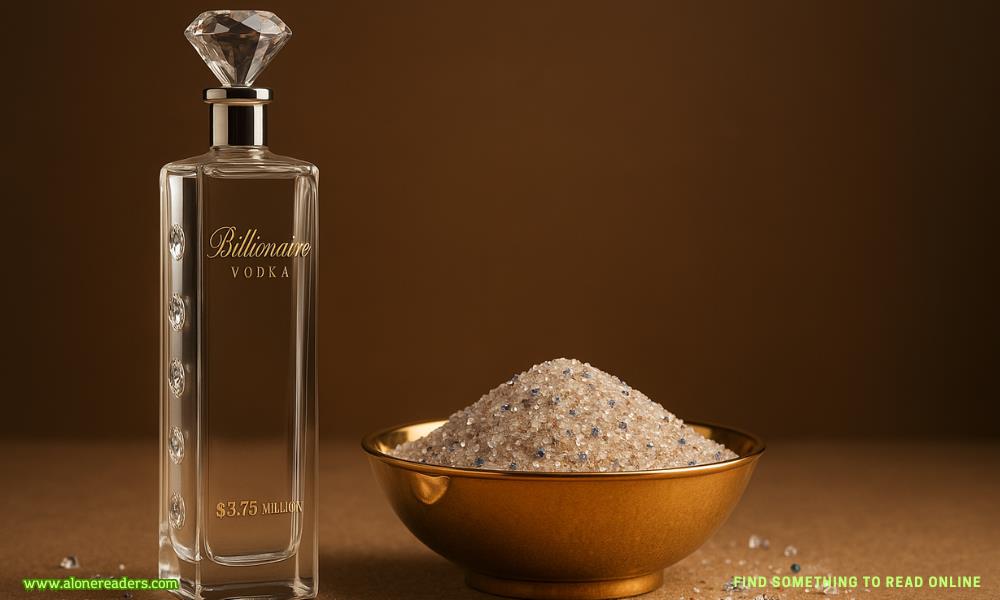Page 93 of Midnight in Paris
‘Do you want a hot water bottle?’ she suggested, once he was comfortable.
‘What am I? A hundred years old?’ he asked, half joking, half rattled.
‘They said it might help, you know, with the pain.’
‘It’s too bloody hot.’
She nodded. He was right. August was not a good time to need the pain relief of heat.
‘Well, I’ve got the… medicine, if you need it.’
He nodded. ‘I’m already rattling, but I’ll bear it in mind.’
‘Or how about I turn up the air con, then the hot water bottle will…’
‘Soph. Just stop. Please.’
It was impossible to know how much he was suffering.Some people experience a lot of pain, others find it more tolerable,the specialist had told them. But knowing Tom as she did, she suspected he was struggling a lot more than he was willing to show.
He’d begun to grunt sometimes in his sleep, wake up suddenly with a cry. She didn’t know whether it was his mind or body leading to these episodes and didn’t know how to ask. During the day, other than seeming exhausted, needing to rest or sleep from time to time, he seemed more like his usual self. But at night, everything felt different.
She’d promised, five years before, standing in front of him in her wedding dress, that she’d care for him in sickness and in health. And she’d meant it. But with his prognosis so uncertain – weeks, maybe a little over a month – she’d begun to feel more and more afraid. How would she know if he was going to die? Might he just pass away? Each time she woke in the night, she’d put out a hand to touch his skin, unable to sleep until she discovered that it was still warm, that Tom was still with her.
This morning, she was relieved when the sun finally made itself known, bathing the tops of the buildings in light and starting to find its way through the gaps in the shutters and into their bedroom. He was sleeping, his face yellow-tinged in the half-light, his cheeks slightly sunken. Careful not to wake him, she climbed out of bed and made her way to the en suite. There, she ran some water and washed her face, inspecting herself in the mirror, noticing the grey shadows under her eyes that had formed over the past few weeks. Her body ached for sleep, but her mind was active, whirring already.
Today they’d booked to go to the Eiffel Tower, and while she loved it, it was the last place she wanted to be. What she wanted more than anything was to go home – close to other people who could help, even his family. His doctors. Proper care.
But there was no way she could let him see that. She stepped into the shower and turned up the heat, tried to lose herself inthe rhythm of it, the ritual of washing her hair, then her body, of towelling herself off. Stepping out, she wiped the steam from the mirror and began to brush her hair. The show would go on, and she wasn’t going to let him down.
Tom hated his wheelchair, hadn’t wanted her to bring it. But she had, of course. It was lightweight, relatively easy to transport. Today she would insist that they brought it to the tower, to ensure that he could rest when needed.
They’d booked the lift and made sure they secured tickets for earlier in the day when it would hopefully be quieter; she’d contacted them directly to let them know the situation. As much as possible, she’d been upbeat and breezy in her conversations with Tom about it, as if it would all be straightforward.
When she exited the bathroom, he was awake; he looked at her and smiled. ‘Come back to bed,’ he said, patting the mattress next to him.
‘Ah, maybe later,’ she said, smiling. ‘Got to get ready for the tower. Are you excited?’
He grinned, and there he was again, her Tom. ‘Doesn’t sound much like me.’
‘Maybe not,’ she admitted. ‘Still, I’m looking forward to being up there again.’
Two hours later, they were climbing out of the taxi. Him, frail on her arm, but determinedly refusing to sit in the chair. The tower loomed in front of them and she was surprised, suddenly, that it looked exactly the same as it always had. It had been there for over a century before either of them was born, and would be there, too, after they’d both gone. She’d liked that at first – the history and timelessness of it – but today she felt only the impermanence of everything other than the tower. The people swarming up and down it, those taking pictures, herself here today and before across the years. Fragile, replaceable, weak.
She shook her head, tried to smile. ‘Well, here we are!’
‘Yes. Don’t fancy the stairs today?’
‘Tom! You know you couldn’t…’ but she looked at him: his mouth stretched wide in a smile. ‘Oh, very funny!’ she said, laughing too. It was nice to laugh, even when the subject matter was dark. ‘Doubt I’ve got it in me myself,’ she said, ‘not as young as I used to be.’
He agreed to sit in the chair while they queued, but not without offering it to her from time to time. ‘Come on,’ he said. ‘I don’t want to hog it!’
She laughed but refused.
He was still Tom. Still trying to see the humour in things. Still refusing all but the essential help. An old man with a cane offered to let them pass, indicating through a mixture of broken English and mime that they could actually skip the queue altogether, but Tom had shaken his head. ‘Non, merci,’ he’d insisted.
Then they were in the lift, both familiar and alien all at once, drawing up through the inside of the tower, past staircase after staircase. ‘Can you believe that we walked up all those?’ she said to Tom quietly, and he shook his head.
People around them chatted in various languages, took photos, exclaimed over the view; they were silent, Tom lost in thought and Sophie just trying to commit everything to memory. Every moment, every second of this trip.
- Sold to the Silver Foxes by Laylah Snow
- My Brother's Best Friends by Natasha L. Black
- The Rancher's Addiction by Lila Fox
- The Biker's Hidden Obsession by Khloe Summers
- Mile High Coach by Mia Mara
- Off-Limits as Puck by Kate Olivia
- Love Off Course by K. Webster
- Desert Sky by Jax Hart
- Their Darkest Needs by Amaya Jax
- Love & Vendettas by Cassie Verano
- Iron Bride by Molly Briar
- The Omega's Bloodline: Part One by Sierra Cassidy
- Forever In Willow Creek by Jade West
- Where the Blacktop Ends by Sofia Jade
- The Crown of Nyx by Audrey Moore
- Deep Feelings & Shallow Graves by Gwendoline Rose







